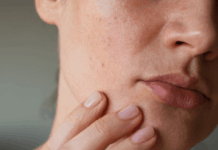Adopting a dog can be a rewarding experience, but it’s important to be prepared for the responsibilities that come with it. Let’s go through the essential steps to ensure you’re the best paw-rent!
1. What Do You Need to Prepare Before Adopting a Dog?
Living Space
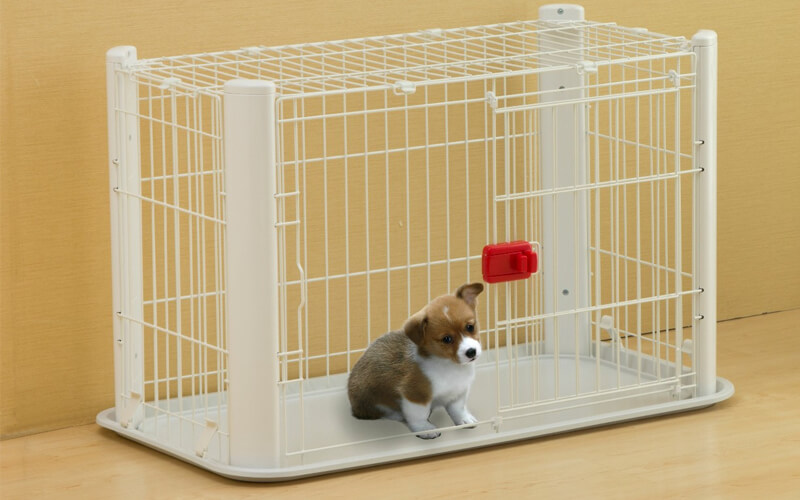 Prepare a comfortable living space
Prepare a comfortable living space
Before bringing your furry friend home, ensure your house is clean and tidy. Remove any fragile items and obstacles from the dog’s living area. Create a spacious and safe environment for your pup to move around freely.
If you live in a small space, consider purchasing a dog crate to provide a cozy den for your pup. Remember to take them out for regular walks and playtime to ensure they get enough exercise.
Essential Items for Your Pup
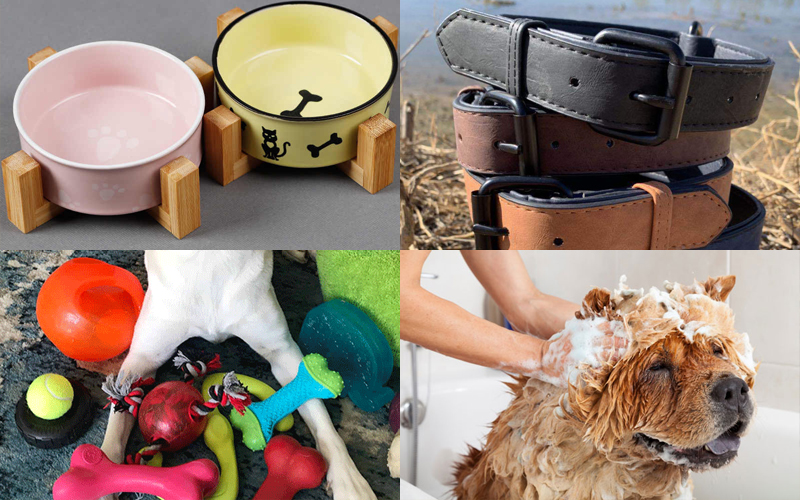
Provide your pup with stainless steel or plastic food and water bowls. Get a collar and leash for walks, and consider buying some dog toys to keep them entertained and away from your furniture! Grooming essentials like a dog-specific shampoo and a brush will keep their coat healthy and shiny.
Dog Food
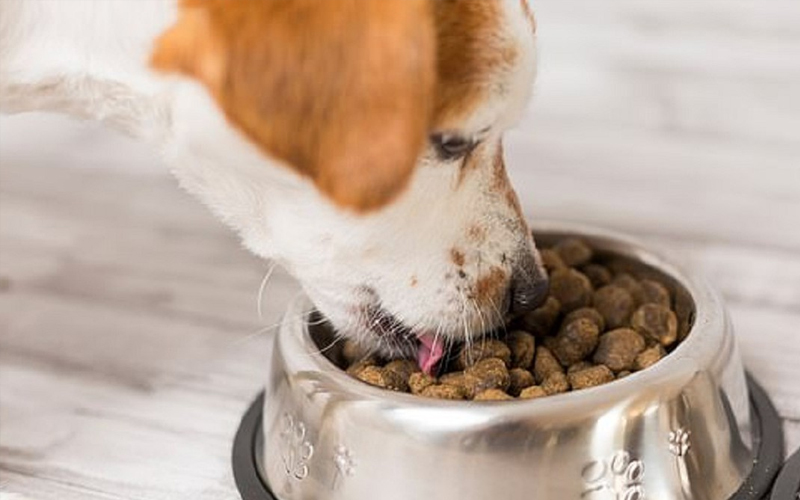
When you first bring your dog home, maintain their current diet to avoid tummy troubles. Gradually transition to a new food if desired. For young puppies, introduce new foods slowly to prevent digestive issues.
2. How to Care for Your Dog at Different Stages
Newborn Puppies
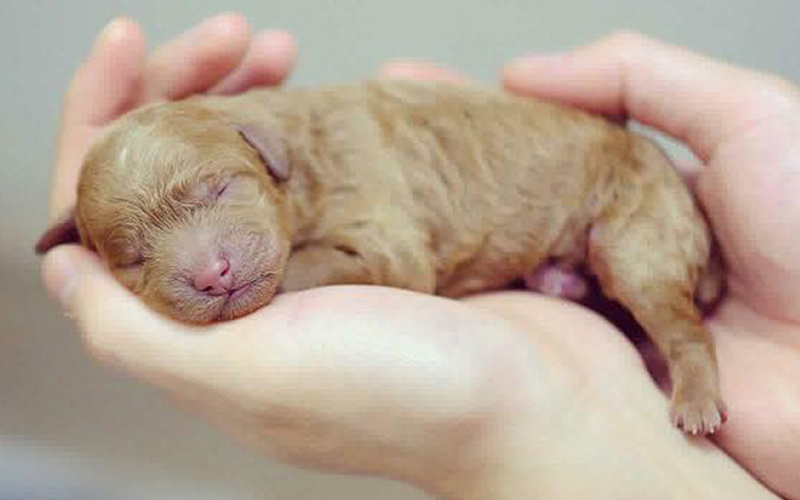
Newborn puppies are delicate and require a controlled environment with proper humidity, nutrition, and temperature. Use a heat lamp or heating pad to maintain a comfortable temperature, as puppies have low body heat. Observe their behavior in the whelping box—if they’re too hot, they’ll spread out; if they’re cold, they’ll huddle together.
If you’re considering becoming a paw-rent, check out our comprehensive guide for more tips!
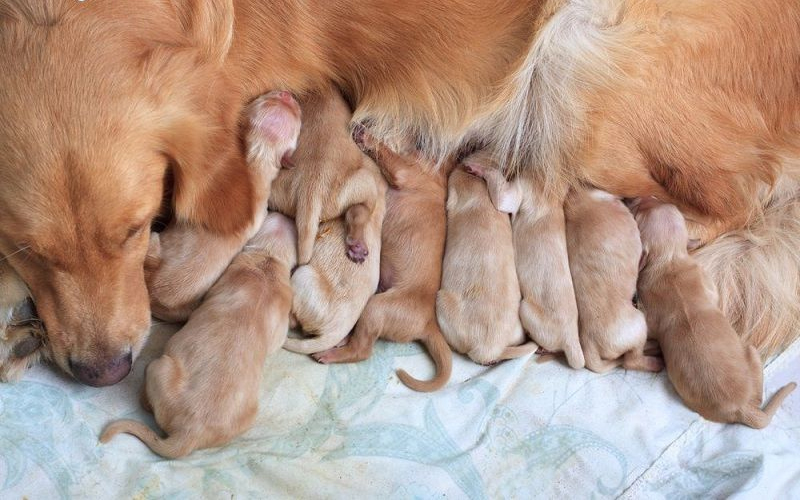
Newborn puppies rely on their mother’s milk for nutrition. Ensure the mother dog is well-cared for so she can produce nutritious milk for her litter. During this stage, the mother dog will also lick her puppies’ genitals and bodies to stimulate elimination and keep them clean.
2-Week-Old Puppies
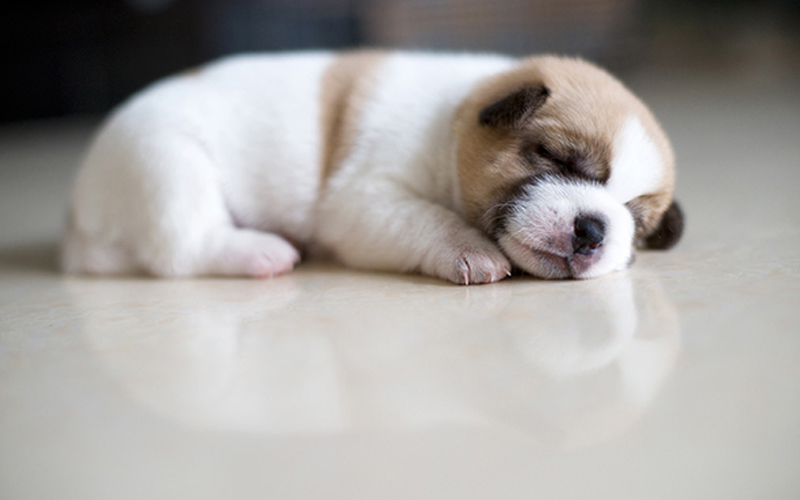
At this stage, puppies start using their sense of smell and touch to navigate their surroundings. They rely on their mother’s scent to find her and their littermates. Although they can’t stand or walk yet, they will crawl towards their mother’s milk, gradually gaining strength and mobility.
2- to 6-Week-Old Puppies

As puppies reach this age, they begin to open their eyes and hear sounds. They will listen to the noises around them, including the barks, whines, and cries of their siblings. After three weeks, they will become more independent and start playing with their littermates. They will also start exploring their surroundings with curiosity.
Between five and six weeks old, puppies will start teething and chewing on everything in sight. They will compete with their littermates for food and begin to understand the concept of elimination. This is a great time to start potty training your pup.
6- to 12-Week-Old Puppies
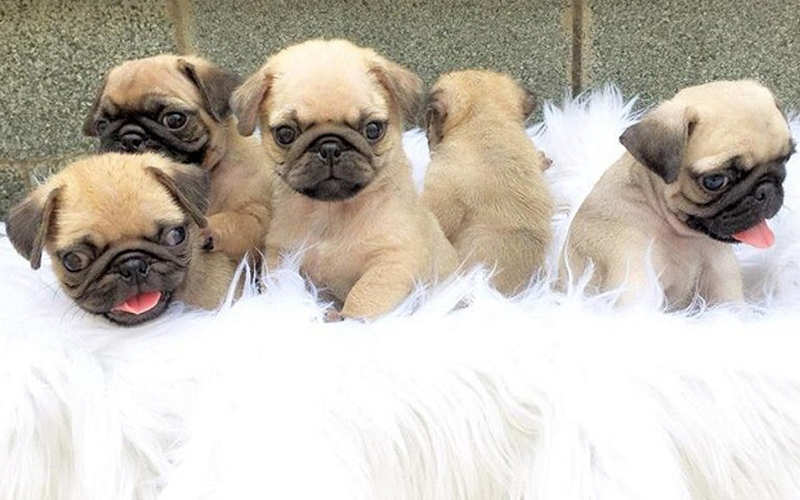
During this stage, puppies will experience a growth spurt and gain weight. They will also start responding to basic commands. Puppies can be weaned off their mother’s milk at around six weeks old, and they can join their new families between eight and eighteen weeks of age.
At eight weeks old, it’s time for their first bath! Choose a gentle shampoo formulated specifically for puppies to avoid irritating their sensitive skin.
Check out our guide on how to choose the right shampoo for your dog to ensure your pup’s bath time is a pleasant experience.
The above guide provides essential care tips for new paw-rents. If you’re considering welcoming a furry friend into your home, keep these tips in mind to ensure a smooth transition for both you and your new pup!
You may also like:
How to Bath Your French Bulldog and Keep Them Clean and Fresh
Want to make sure your Bulldog is happy and healthy? Caring for your pup’s hygiene can go a long way – from fighting off fleas and ticks to giving them a good bath. Read on to learn more about the best ways to keep your Bulldog clean and healthy.
The Ultimate Guide to Bathing and Grooming Your Corgi
Frequent bathing for your Corgi is not just about keeping them smelling fresh and clean, but it’s also an important step in maintaining their overall health and hygiene by eliminating disease-causing fleas and ticks. Discover the art of bathing and grooming your beloved Corgi, ensuring they not only look their best but also stay happy and healthy.

